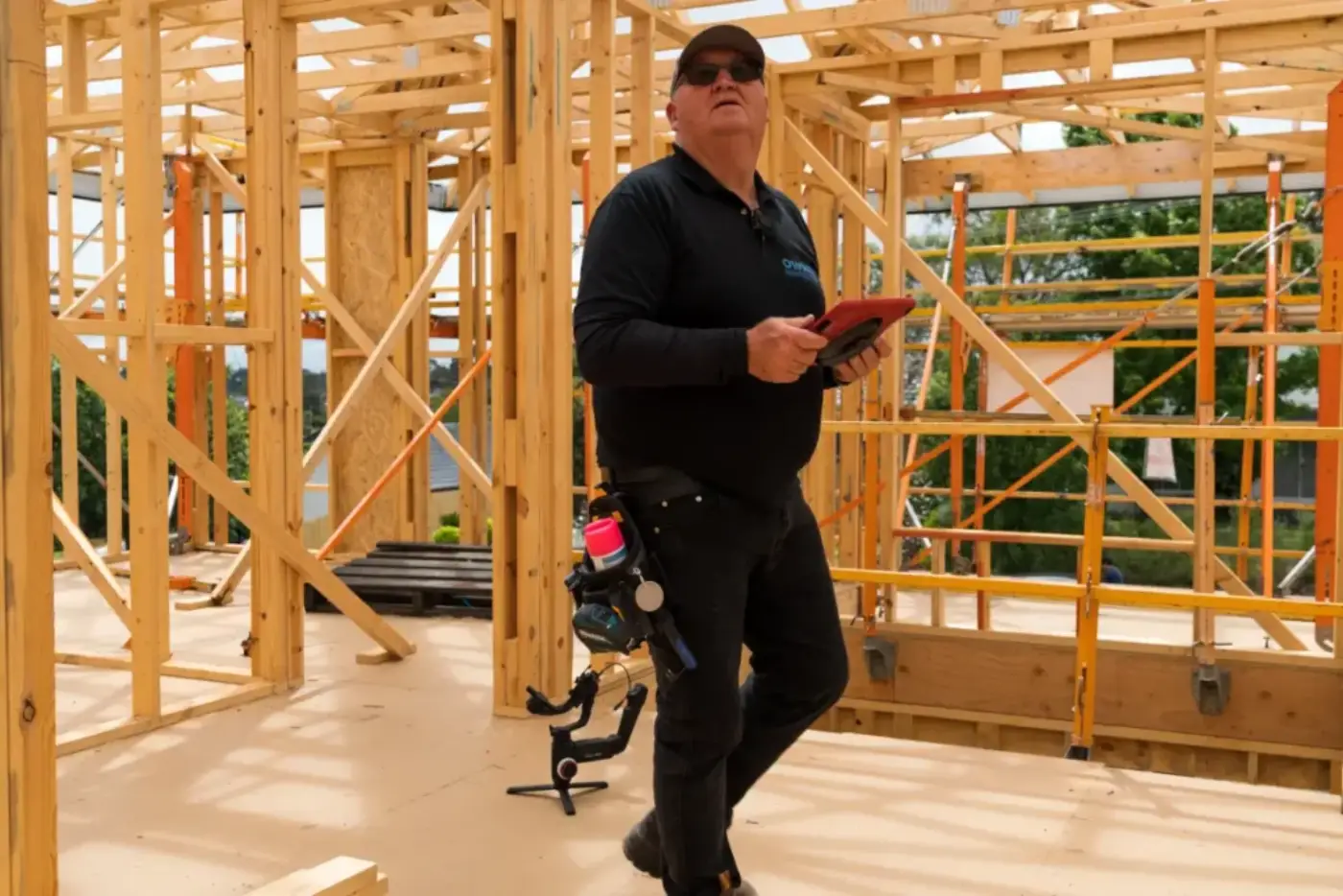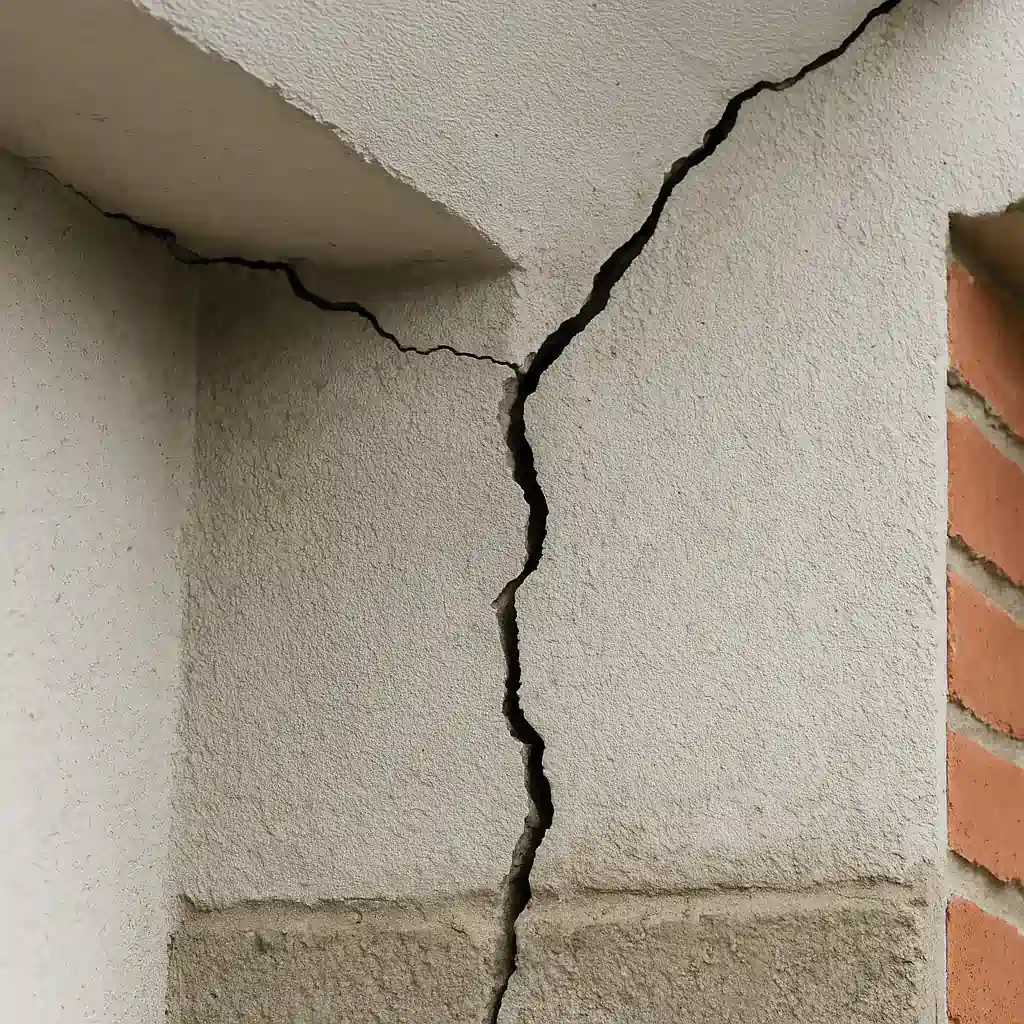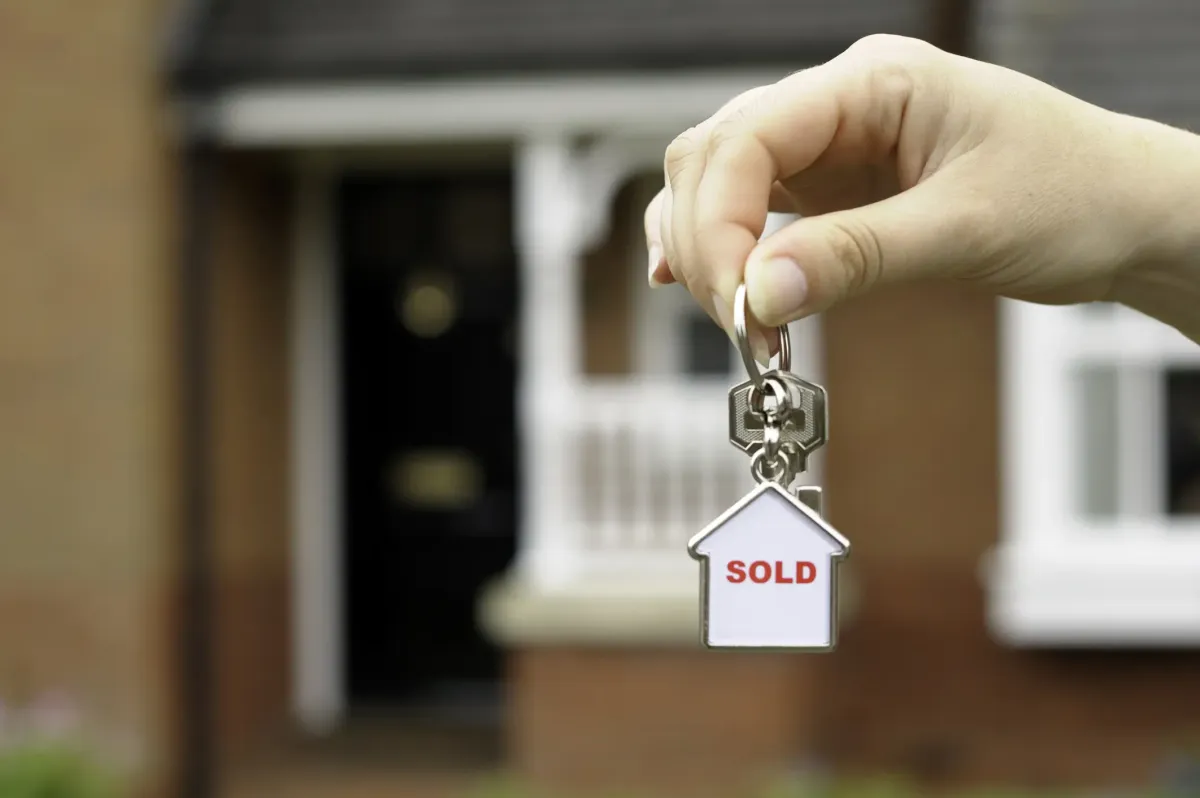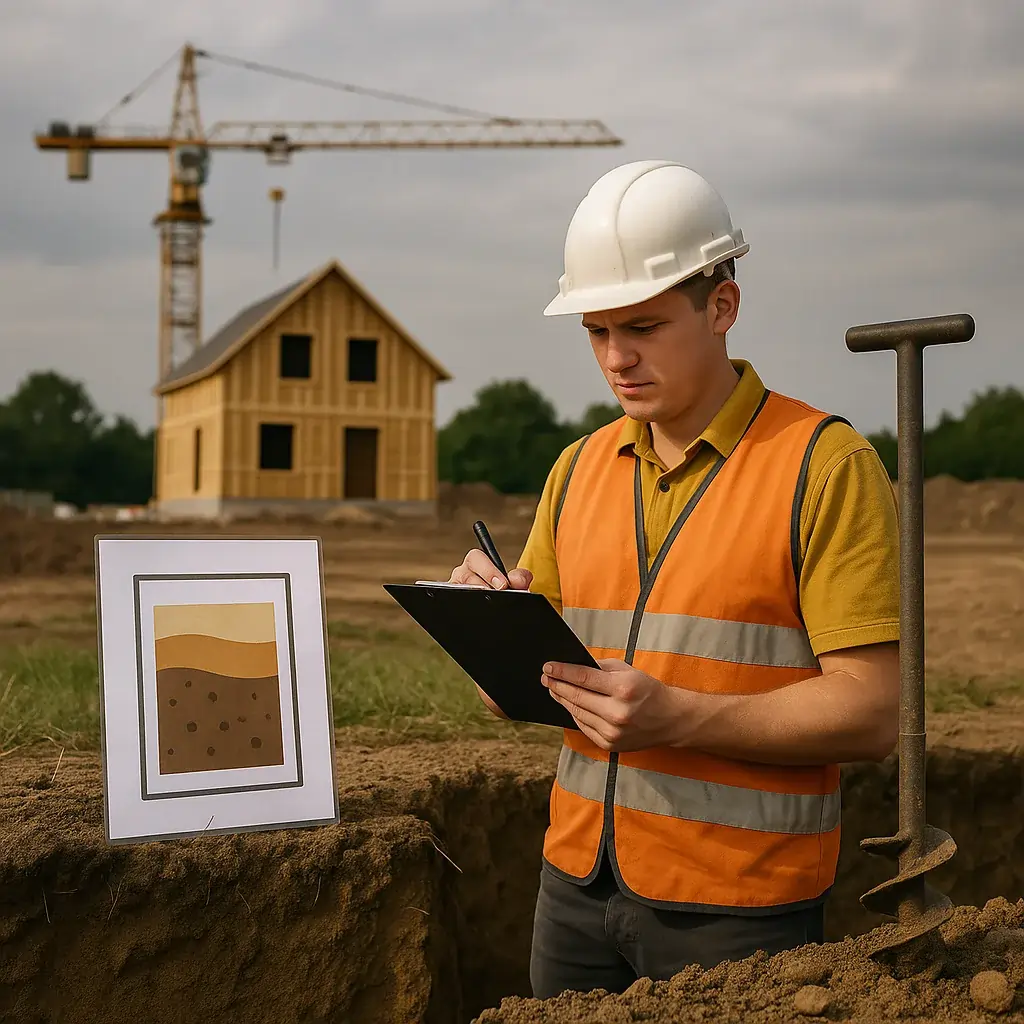Soil testing before construction in Australia evaluates the physical and chemical characteristics of the ground where a building will be placed. Conducted under Australian Standard AS 1289, it determines the soil's bearing capacity, reactivity, moisture content, and contamination levels. The results directly inform foundation design, with reactive clay soils requiring different footing systems than sandy or stable ground. In Australia, up to 80% of structural problems in homes are linked to poor or improperly assessed soil conditions, making this one of the most cost-effective steps you can take before building.
Before you break ground on a new home or extension, the question you need answered is simple: what is beneath the surface? A standard soil test for residential land in Australia costs between $300 and $900, yet skipping it can lead to foundation failures, slab cracking, and repair bills exceeding $40,000. Councils across NSW, Victoria, and Queensland typically require a geotechnical report before issuing a building permit, so this is both a practical and regulatory necessity.
What Is Soil Testing in Construction?
Soil testing in construction is the process of evaluating the ground conditions at a building site to determine whether the soil can support a structure and what type of foundation will perform best. The process follows Australian Standard AS 1289, which sets out methods for soil sampling, classification, and laboratory testing.
A geotechnical report produced from these tests is typically required by your local council or private certifier before construction approval is granted. The report answers three key questions:
- Will the soil support the weight of the proposed building?
- How will the soil behave during wet and dry conditions (particularly with reactive clays)?
- Is there contamination that could pose a health or environmental risk?
Why Soil Testing Matters Before You Build
Skipping soil testing may seem like a way to save money upfront, but the consequences can be severe and expensive.
- Safety: Unstable or reactive soils, such as the expansive clay found across much of Victoria and Queensland, can cause buildings to crack, shift, or sink over time
- Cost savings: A $300 to $900 soil test can prevent repair costs that routinely exceed $10,000 and can reach $40,000 or more
- Council compliance: Local councils and certifiers across Australia commonly require a geotechnical report before issuing building permits. Without one, your project faces delays
- Informed foundation design: Structural engineers use soil test results to design appropriate foundations, whether that is a slab-on-ground, stumps, piers, or a raft slab
Black soils in Queensland swell and shrink significantly with moisture changes, requiring specific foundation solutions. Sandy soils in Western Australia may need compaction or stabilisation. Each soil type demands a different engineering approach, and the soil test tells you which one.
Key Soil Tests and What They Reveal
| Purpose | Application | |
|---|---|---|
| Standard Penetration Test (SPT) | Measures soil resistance and bearing capacity | Determines foundation strength and depth recommendations |
| Cone Penetration Test (CPT) | Evaluates soil stratification without drilling | Used in soft soils and for deep foundation assessment |
| Atterberg Limits | Determines plasticity and shrink/swell potential | Particularly important for reactive clay soils |
| Moisture Content | Shows water content in the soil | Influences stability predictions, especially in wet/dry climates |
| Permeability Test | Assesses how water flows through the soil | Important for drainage design and site planning |
| Compaction Test | Determines optimum moisture for soil densification | Guides site preparation and backfilling operations |
| pH and Contamination Testing | Detects chemical suitability and hazards | Required for former industrial or agricultural sites |
Risks of Skipping Soil Testing
The consequences of bypassing soil testing are real and well-documented across Australian construction.
- Poor foundation design: Without knowing the soil type, the wrong foundation may be laid, resulting in slab heave, structural movement, or complete failure
- Permit delays: Councils in VIC, NSW, and QLD often mandate soil reports before issuing building approvals. A missing report can stall your entire project
- Long-term damage: Soil movement can cause visible cracks in walls, uneven floors, doors and windows that no longer close properly, and in extreme cases, tilting structures
A residential build in western Sydney experienced slab cracking within 12 months due to reactive clay soils that were not properly assessed. The repair cost exceeded $40,000, a problem that could have been avoided with a $600 soil test before construction began.
Costs and Long-Term Value
$300 to $900
Typical cost of residential soil testing in Australia
$10,000+
Common structural repair cost when soil conditions are not assessed
Up to 80%
Of structural problems in Australian homes linked to soil conditions (CSIRO)
The return on investment from soil testing is significant:
- Avoids structural repair costs that commonly exceed $10,000
- Increases property value through proper compliance and documentation
- Reduces home insurance risks by demonstrating that foundations were designed for the specific soil conditions
According to CSIRO research, soil-related damage contributes to millions of dollars in property loss annually across Australia. A small investment upfront protects your largest asset for its entire lifespan.
Who Performs Soil Testing?
Soil testing is carried out by geotechnical engineers (or geotechnical consultants) working with specialised drilling contractors and NATA-accredited laboratories. They collect samples on-site, run field tests, and complete laboratory testing to classify the soil and confirm its bearing capacity, reactivity, and contamination risks.
A proper geotechnical report typically includes:
- Soil classification and site investigation notes
- Recommended footing and foundation systems based on the engineer's assessment
- Test results such as SPT/CPT data where relevant
- Moisture, compaction, and plasticity information for slab and footing design
When to Get a Soil Test
Timing matters. You should consider soil testing at the following stages:
- Before buying land: Avoid purchasing sites with problematic or contaminated soil conditions
- Before submitting your building permit: Pre-approved documentation speeds up the approval process
- Before structural changes or extensions: Ensure additions will not compromise the existing foundation or create new soil-related risks
If you are planning a new build or renovation in Victoria, NSW, or Queensland, soil testing should be one of your first steps.
How Owner Inspections Can Help
Owner Inspections does not perform soil tests directly. Instead, we help clients make informed decisions by:
- Advising when a geotechnical report is needed for your block or build type
- Reviewing your existing geotechnical report for red flags and practical implications before you commit
- Referring you to trusted, qualified geotechnical providers in VIC, NSW, and QLD
- Combining this guidance with construction stage inspections so you understand both the structure and the site risks
Owner Inspections helped us understand our soil report and what it meant for footing costs. The advice was clear, practical, and saved us from surprises later.
Key Takeaways
- Soil testing before construction evaluates bearing capacity, reactivity, moisture content, and contamination under Australian Standard AS 1289.
- Costs range from $300 to $900 for residential sites, a fraction of the $10,000 to $40,000+ repair costs caused by untested soil.
- Up to 80% of structural problems in Australian homes are linked to soil conditions.
- Councils across NSW, VIC, and QLD typically require a geotechnical report before issuing building permits.
- Reactive clay soils, common in Victoria and Queensland, demand specific foundation designs that can only be determined through testing.
- Owner Inspections can review your geotechnical report, advise on its implications, and refer you to qualified providers.
- Soil testing should be done before buying land, before applying for a building permit, and before any structural changes or extensions.
Frequently Asked Questions
QWhat is soil testing in construction?
Soil testing is the process of evaluating the condition, type, and stability of the ground at a building site before construction. It follows Australian Standard AS 1289 and helps determine the best foundation design while checking for contamination and other hazards.
QWhy is soil testing important before building a house?
It prevents costly structural issues by identifying the soil's bearing capacity and reactivity before the foundation is designed. It ensures compliance with council requirements and guides engineers in designing safe, effective foundations suited to the specific ground conditions.
QWhat happens if you skip soil testing before construction?
You risk building on unsuitable ground, which can lead to slab cracking, wall cracks, uneven floors, and structural failure. You may also face permit delays, increased repair costs, and potential legal issues from non-compliance with building regulations.
QHow much does soil testing cost in Australia?
Standard residential soil testing in Australia typically costs between $300 and $900, depending on the site location, depth of testing required, and complexity of the soil conditions.
QWho performs soil testing in NSW and QLD?
Certified geotechnical engineers or geotechnical consultants working with NATA-accredited laboratories perform soil testing. They collect samples on-site, conduct field and laboratory tests, and produce a geotechnical report with recommendations.
QWhat are the common types of soil tests for new construction?
Common tests include the Standard Penetration Test (SPT), Cone Penetration Test (CPT), Atterberg Limits, moisture content testing, permeability testing, compaction testing, and pH/contamination testing. Each provides different information about the soil's suitability for construction.
QHow long does it take to get soil test results?
Most geotechnical reports are ready within 3 to 7 business days after the on-site testing is completed. Complex sites or additional laboratory analysis may take longer.
QIs soil testing required by law before construction in Australia?
Many local councils across Australia require a geotechnical report as part of the building permit application. Requirements vary by council and state, but it is a common prerequisite in NSW, VIC, and QLD. Check with your local council or certifier for specific requirements.
QCan soil conditions affect my home insurance?
Yes. Unstable or reactive soils can influence insurance premiums and may affect claims related to structural damage. Having a geotechnical report demonstrating that the foundation was designed for the specific soil conditions provides stronger documentation if a claim arises.
QHow can Owner Inspections help with soil testing?
Owner Inspections does not perform soil tests directly but helps clients by advising when a geotechnical report is needed, reviewing existing reports for red flags, referring clients to qualified geotechnical providers, and pairing this guidance with independent building inspections.
References and Resources
- CSIRO - Reactive Soils and Residential Foundations - Research on soil-related building damage in Australia
- Australian Standard AS 1289 - Methods of Testing Soils - Standards Australia
- National Construction Code (NCC) - Australian Building Codes Board
- NSW Fair Trading - Building and Renovating - Building permit requirements in NSW
- Queensland Building and Construction Commission (QBCC) - Building standards and permit requirements in QLD
Related Articles

Structural Defect Inspections to Prevent Future Problems
Approximately one in five Australian homes experience structural issues. Learn how structural defect inspections can prevent expensive repairs and ensure safety.

Top Warning Signs of Structural Defects in New Builds
Nearly 70% of newly built Australian homes show major defects. Learn the eight key warning signs of structural issues and how to protect your investment.

Pre-Handover Construction Inspection: Key Final Checks
A pre-handover construction inspection is the final opportunity to identify defects, incomplete work, and non-compliance before you take possession of a new build. This guide covers what the inspection includes, why it is essential in Australia, common issues found, and your legal protections as a property owner.
Planning a new build or extension? Owner Inspections helps you understand your soil report and its implications for foundation design and construction costs. We also provide independent construction stage inspections across NSW, Victoria, and Queensland. Get a quote today or call us on 1300 471 805.

